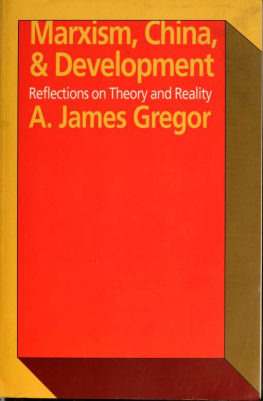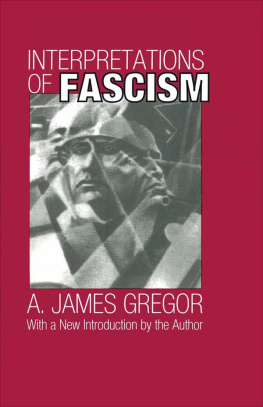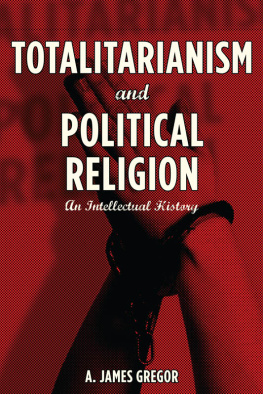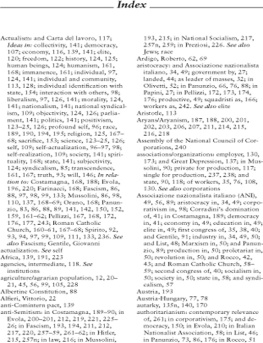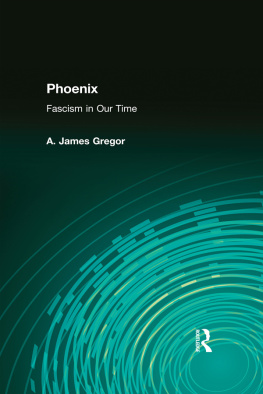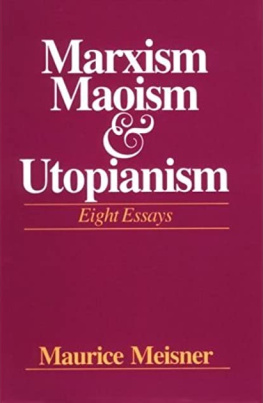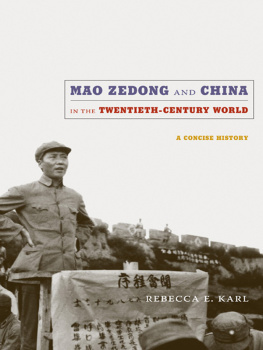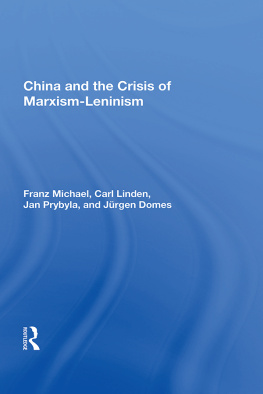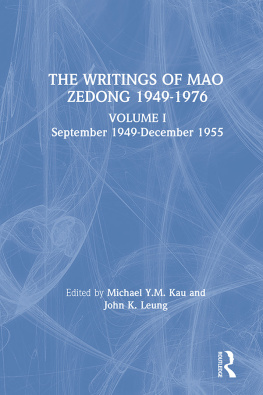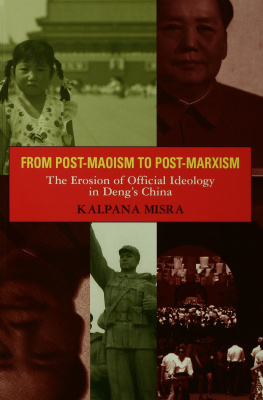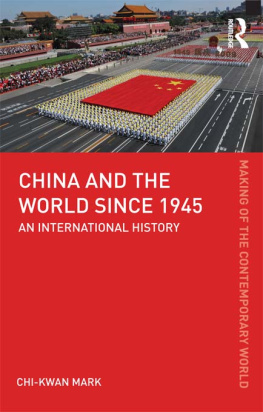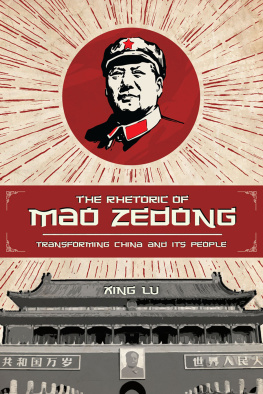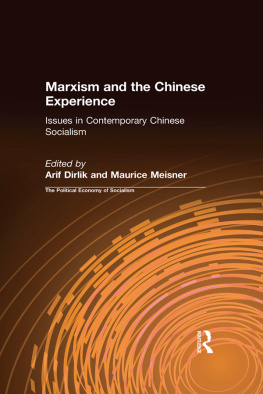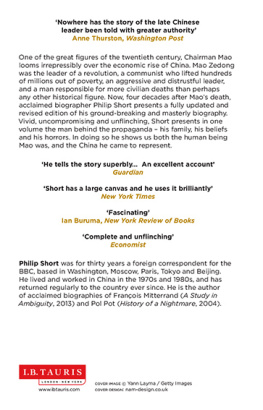This book made available by the Internet Archive.
This book is dedicated to Maria Hsia Chang, who has made the better part of my life better, and to Charles Elmo, who has helped make it best.
Preface
This work is conceived as a small contribution to the enduring effort toward understanding the collapse of Marxism-Leninism as a political and economic system. Part of the academic community has undertaken a retrospective in order to identify and catalogue the factors that led to the disintegration of an arrangement, welcomed with so much enthusiasm, that had its origins in the Bolshevik Revolution at the end of the First World War. That is an effort that has only just commenced.
Another part of that community has occupied itself with the task of rehabilitating the Marxism of Karl Marx and Friedrich Engels. Its spokesmen argue that Marxism-Leninism was always an uncertain heir to the Marxist legacy. Neither Marx nor Engels anticipated the enormities of Joseph Stalin and Mao Zedong. Marxism, they argue, offered something better than that. It was misinterpreted by its Bolshevik and Maoist practitioners. Stalinism and Maoism were to be attributed to human failings rather than to any shortcomings intrinsic to the work of Marx and Engels.
Still another identifiable segment of the intellectual community continues to entertain the conviction that Maoism (if not Stalinism) embodies a laudable ideal. More than that, they imagine it to be the Marxism for our time. They lament the erosion of Maoism that followed fast on the heels of the "Chairman's" passing. The reforms of Deng Xiaoping are indicted as betrayals of the Marxist vision.
All these disparate notions coexist, uneasily, among American intellectuals. Because of the irreducible ambiguities to be found in the Marxist corpus, a plausible case can be contrived for any or all of these representations.
The following work does not pretend to resolve the issue of which of these interpretations is "true." In some sense or other, it finds merit in all the prevailing efforts. The present account, for example, attempts to identify some of the factors that undermined the viability of Marxist-Leninist systems. Furthermore, it acknowledgesin fact, empha
X Marxism, China, and Development
sizesthe marked discontinuities that distinguish regime Marxism from the Marxism of Marx and Engels. That having been granted, it attempts to isolate one core collection of ideas about productive systems and governance shared by all Marxist-Leninist regimes. That core, it is argued, is to be found in the original formulations left us in the writings of Marx and Engels.
Should any of that be convincing, it would suggest that the founders of Marxism are to be held responsible for at least some of the wretchedness that makes up the histories of Russia and China under the rulership of the Communist party. More than that, it would intimate that Marxism, as a body of thought, does not recommend itself as a prescription for the governance of a modem economic and political system. It would prejudice any attempt to argue that Marxism might serve as a credible revolutionary solution to contemporary problems.
In the effort to support that contention, the following exposition undertakes a summary review of one major alternative to Marxism-Leninism as a developmental strategy"development" here understood to imply both economic growth and modernization as well as political representativeness. The economic and political history of the Republic of China on Taiwan, in my judgment, provides an illustrative instance of non-Marxist comprehensive development in the modem world. If some of the major problems that torment the modem world tum toward con-cems involving economic development and political maturation, a discussion of the contemporary history of Taiwan is critically relevant.
Reviewing the ideology of Sun Yat-sen, long neglected by most West-em academics, affords insight into an altemative, non-Marxist strategy for both economic and political development. Marxism, in whatever guise, reveals itself to be ill suited to the demands of the contemporary world. The strategies that have govemed the developmental histories of the United States, Germany, Japan, the Republic of Korea, and the Republic of China on Taiwan (among others) share some instmctive common features. Those shared elements find fulsome expression in the works of Sun Yat-sen. Once again, reflecting on those texts is a profitable enterprise.
If the present work delivers insight into any of that, it will have accomplished more than could be reasonably expected. If the effort is successful, in whatever sense, it will owe that success to the efforts of many colleagues, whose knowledge I have shamelessly exploited. Professors
Preface xi
Philip Siegelman, Jan Prybyla, John Copper, Paul Hollander, and the late Paul Seabury have been among the most helpful. Unstinting in their assistance and gracious in their criticism, they have left me entirely in their debt.
My wife, Professor Maria Hsia Chang, was helpful without measure. She assisted me with the Chinese language material and provided precious insights into its substance. The chapters on the work of Sun Yat-sen owe everything to her intervention. Whatever is good in the present work I owe to all these people. The shortcomings are my own responsibility.
Gratitude requires that I make some allusion to the able assistance of Patricia Thomas and Kimberley Patton in the preparation of this manuscript. Both demonstrated superhuman patience and enterprise, for which they received only paltry compensation.
This work owes something to all these personsand to all those studentsover too many years, on whom I tried out so many ideas. I hope the exposition that follows has sufficient merit to justify the efforts expended in the preparation.
J
Introduction
By the last decade of the twentieth century, it was clear that humankind was witnessing the terminal agony of Marxism as an economic and political system.^ What enthusiasts had once identified as a "new civilization" revealed itself to be nothing more than a parenthesis in the long history of humanity.^ At one point in time, regimes inspired by the nineteenth-century creed of Karl Marx and Friedrich Engels dominated vast territories and about one-third of the world's population. Marxism's expansion appeared both irresistible and irreversible. In reality, by the late 1950s, the first signs of systemic decay in the Soviet regime were already discernible. By 1985 domestic critics of Soviet life were prepared to denounce the Marxist-Leninist state as a betrayal of the ideals of the Russian Revolution. Soviet socialism had failed to provide a just, efficient, and functional economy."' In 1988, Mikhail Gorbachev announced to a startled international audience that except for measurable increases in vodka sales, the Soviet national income had not grown for more than a decade. There was surprise because Western analysts had generally exaggerated Soviet economic growth and development for over half a century.

